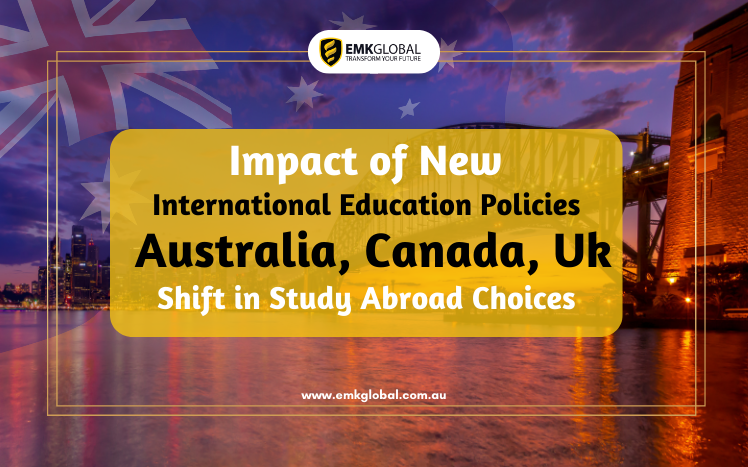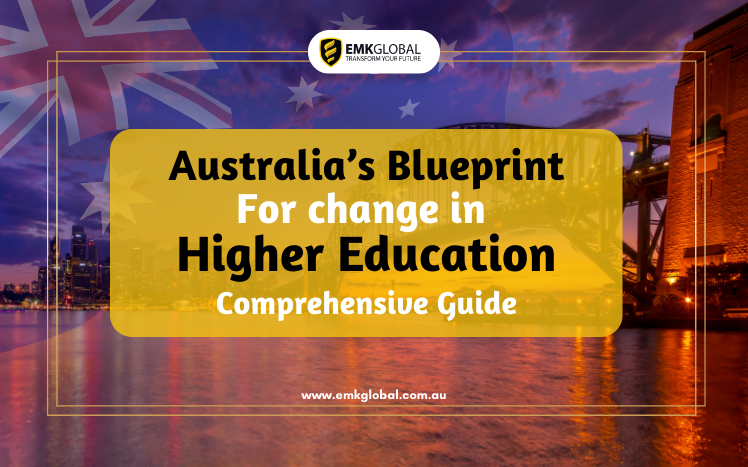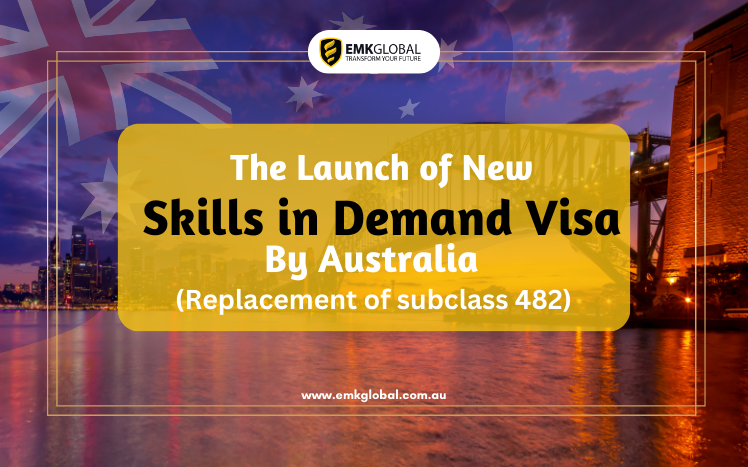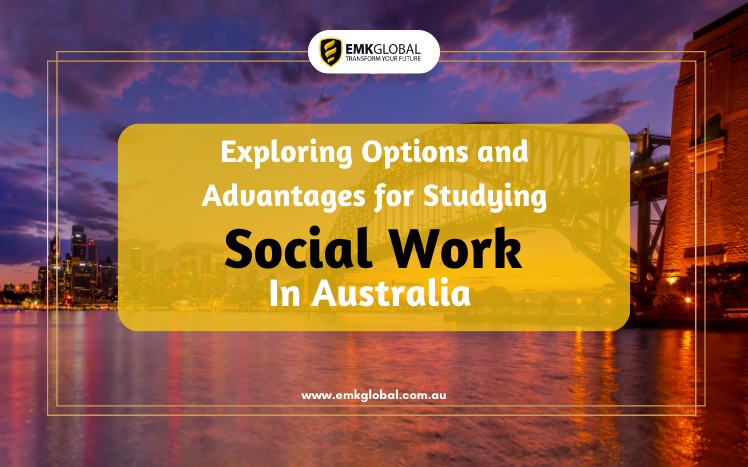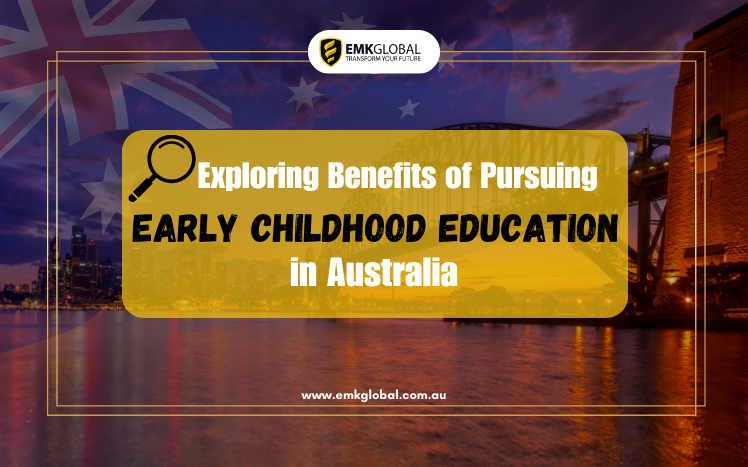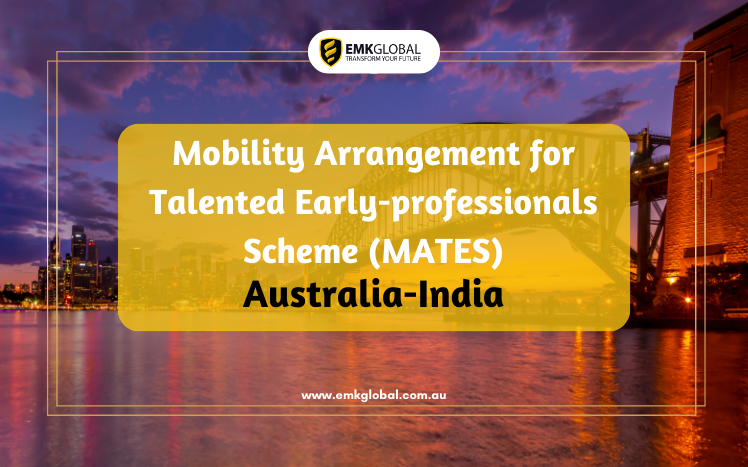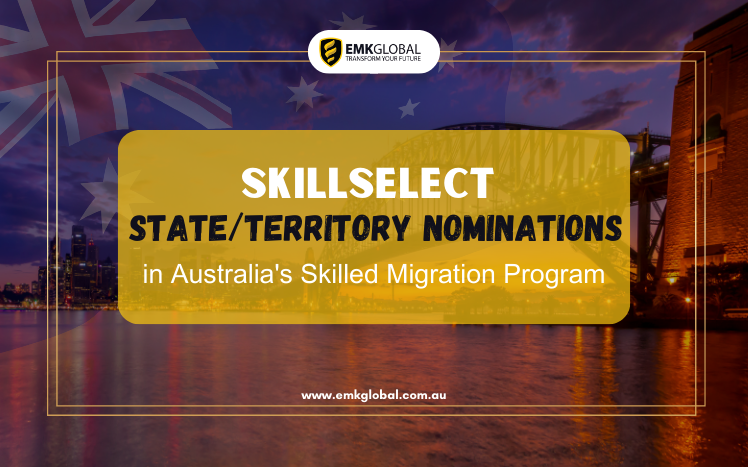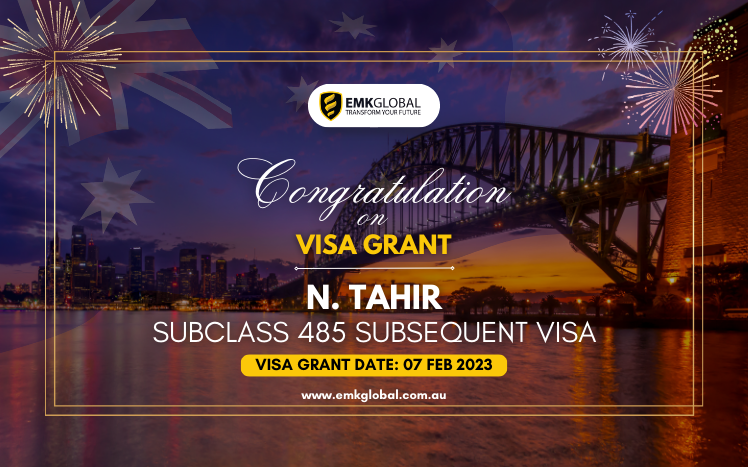Introduction
The landscape of international education is undergoing a seismic shift, with new policies in Canada, Australia, and the UK reshaping the preferences of prospective students. This article delves into the recent research findings, shedding light on the significant impact of restrictive policies on student interest and how the United States is emerging as a preferred alternative.
1. The Current Scenario
Recent studies, such as IDP’s “The Voice of the International Student,” conducted across 67 countries, reveal a noteworthy decline in interest among students planning to study in Canada, Australia, and the UK. This shift is notably benefiting the United States, which is gaining traction in terms of student interest.
2. Studyportals Research
A study by Studyportals further substantiates these findings, specifically highlighting a dramatic dip in prospective student demand for Canada. Conversely, interest in the United States has witnessed a significant surge in 2023. The allure of Italy has also increased, while the Netherlands faces potential decline due to its intention to reduce international student numbers.
3. Reconsidering Plans
IDP’s survey indicates that nearly half of prospective students (49%) are reconsidering or uncertain about studying in the UK, while significant proportions are hesitating regarding Australia (47%) and Canada (43%). The CEO of IDP Connect, Simon Emmett, underscores that students are acutely aware of policy changes and how these impact their study abroad decisions.
4. Changing Dynamics
Emmett emphasizes the importance of certainty for international students, expressing concern that changing policies in the UK, Canada, and Australia create uncertainty and negatively influence students’ decisions about their preferred study locations. The new policies align with these countries’ efforts to actively control immigration.
5. Shift in Interest
Until the end of 2023, Canada and Australia experienced a rise in international student numbers, while the UK witnessed a shift in its disposition towards higher international enrollments. The Studyportals research points out a decline in student interest in Canada, particularly in British Columbia.
6. Impact on Canadian Institutions
Studyportals data indicates a decline in demand from key source countries, especially India (-40% between February 2023 and January 2024). The two-year cap on new international student permits is expected to affect Canadian undergraduate programs the most, while master’s and Ph.D. programs may escape the negative fallout.
7. Communication is Key
Kim Loeb, Executive Director at the University of Winnipeg, underscores the need for effective communication amid these changes. Canadian institutions must send a clear message that they remain open to international students, despite the policy adjustments.
Conclusion
In conclusion, the evolving international education landscape influenced by policy changes in Canada, Australia, and the UK has not only impacted student preferences but has also presented challenges for institutions. The United States seems to be gaining ground as a favored study destination, prompting a need for adaptability and effective communication in response to shifting dynamics.
——————————————————————————————————-
Frequently Asked Questions
- How are international education policies impacting student choices?
The policies in Canada, Australia, and the UK are causing students to reconsider their study abroad plans, with the US emerging as an alternative.
- What is the role of communication in this scenario?
Effective communication from institutions is crucial to assure students of their openness to international candidates despite policy changes.
- Which countries are witnessing a decline in student interest?
Canada, Australia, and the UK are experiencing a decline, while the US, Italy, and the Netherlands are gaining popularity.
- How is Canada’s undergraduate sector affected by new policies?
The two-year cap on international student permits is expected to impact Canadian undergraduate programs more than master’s and Ph.D. programs.
- What is the significance of policy changes in the UK, Canada, and Australia?
These changes align with the countries’ active efforts to control immigration and regulate international education more effectively.


